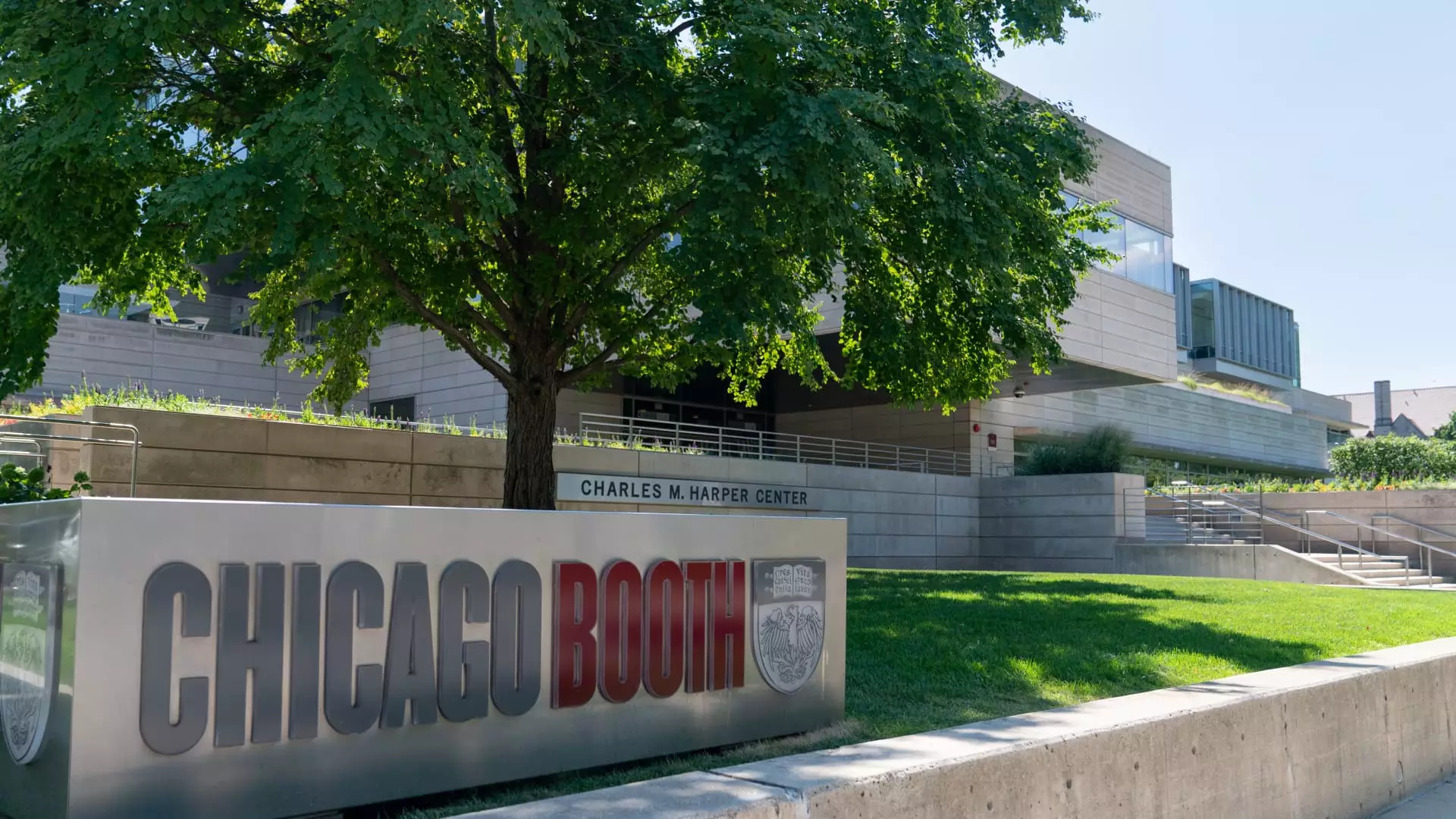In recent years, the concept of family offices—private wealth management advisory firms that serve ultra-high-net-worth individuals—has gained remarkable traction. With the proliferation of such entities, there arises a pressing need for education and training dedicated to their operation and management. In response to this surge, esteemed institutions like the University of Chicago Booth School of Business have initiated programs aimed at cultivating the next generation of leaders in the family office sector. This initiative signifies a transformative approach to wealth management education and highlights the increasing importance of family offices in both investment and philanthropic landscapes.
The Booth Family Office Initiative: A Comprehensive Approach
The Booth Family Office Initiative represents a pivotal step in academic engagement with family offices. Launched by the University of Chicago, the initiative encompasses research projects, specialized courses, and high-profile summits designed to prepare current and future family office executives. What sets this initiative apart is its integration of practical insights drawn from a council of industry leaders, enriching academic theory with real-world knowledge. The involvement of notable figures in the field, like Paul Carbone from Pritzker Private Capital, underscores the initiative’s commitment to addressing the unique challenges faced by family offices today.
As the financial landscape evolves, so too does the need for comprehensive training specific to family offices. Universities have responded by developing programs that are not just reactive but also proactive in anticipating future trends and challenges. By fostering a symbiotic relationship between academia and industry, institutions like Booth position themselves as leading authorities in family office education, an area that has been relatively underexplored in traditional finance curricula.
Trends in Family Office Education Across Top Universities
The Booth Family Office Initiative stands at the forefront of a broader movement among elite business schools. Institutions like Harvard, Columbia, and Wharton have begun to implement similar initiatives, signaling a growing recognition of family offices as integral players in the financial arena. The emergence of dedicated courses and research programs has not only enriched the learning experience for students but has also provided a fertile ground for innovation and strategy development among family offices.
Family offices have experienced remarkable growth, with their numbers rising from about 6,000 to over 8,000 in just a few years, culminating in approximately $5.4 trillion in managed assets projected by 2030. This boom in family offices corresponds with an increasing realization among universities that these entities offer a wealth of potential research funding, as well as a dynamic environment for student engagement and learning.
Navigating the Complexities of Family Office Management
One of the outstanding characteristics of the Booth and Wharton initiatives is their focus on addressing the complexities that family offices face—particularly, the human dynamics at play. Surprisingly, when surveys were conducted to determine the most pressing issues for family offices, the top response was not investment strategies or risk management but rather interpersonal relationships and decision-making dynamics within families.
This reveals a paradigm shift in understanding family offices; they are not merely investment vehicles but intricate systems influenced by emotional and relational factors. Professors at these institutions argue that enhancing one’s understanding of behavioral economics is crucial for family office professionals, and courses are being tailored to delve into these topics rigorously.
At the core of the educational initiatives lies a robust emphasis on research. Unlike traditional wealth management organizations that often provide unverified analyses, universities are committed to delivering objective, data-driven insights. For example, Booth School is collaborating with software companies to analyze anonymized data from family offices, ensuring that their findings are grounded in empirical evidence rather than anecdotal narratives.
Dr. Raphael Amit from Wharton points to the rise in direct deals made by family offices as a critical area for further study. As these offices increasingly bypass conventional private equity routes and invest directly into private companies, there exists a significant knowledge gap that must be addressed. The educational programs aim to equip family office professionals with the necessary tools and expertise to navigate these new investment strategies effectively.
Another appealing aspect of these university-led initiatives is the opportunity for family office professionals to engage in private, non-commercial gatherings. Unlike typical industry conferences, which are often saturated with sales pitches and sponsorship agendas, university-hosted events prioritize genuine peer-to-peer interactions. The Wharton Global Family Alliance, for instance, has become renowned for its exclusive Family Office Roundtable, a coveted event attended by select families that fosters deep discussions and idea-sharing without commercial interruptions.
As family offices continue to expand and evolve, the role of universities in shaping their future leaders has never been more critical. Programs like the Booth Family Office Initiative are only the tip of the iceberg, signaling a shift in wealth management education that acknowledges the complexities and unique challenges of family offices. By fostering collaboration between academia and industry, universities are poised to equip the next generation of family office leaders with the skills they need to thrive in this dynamic environment.

